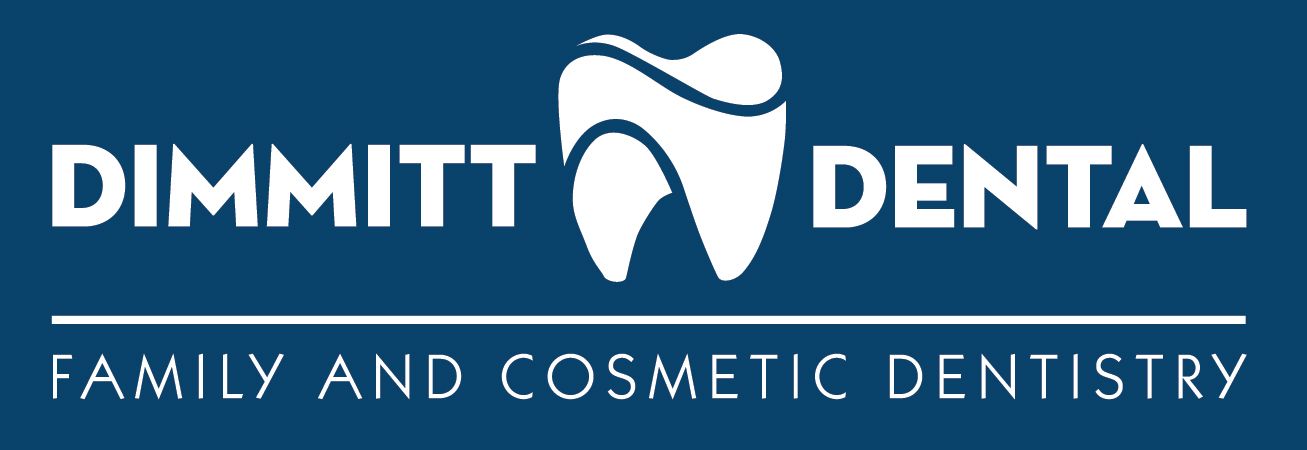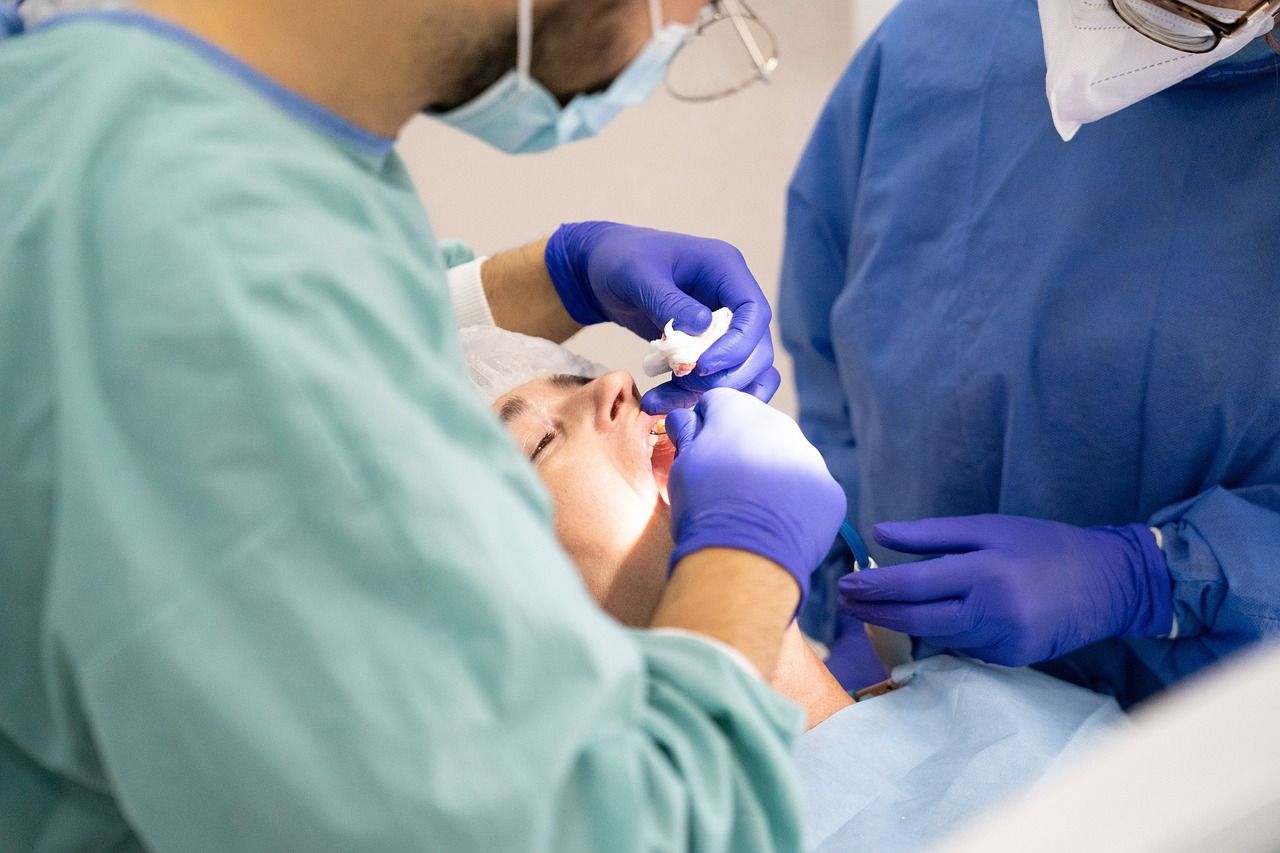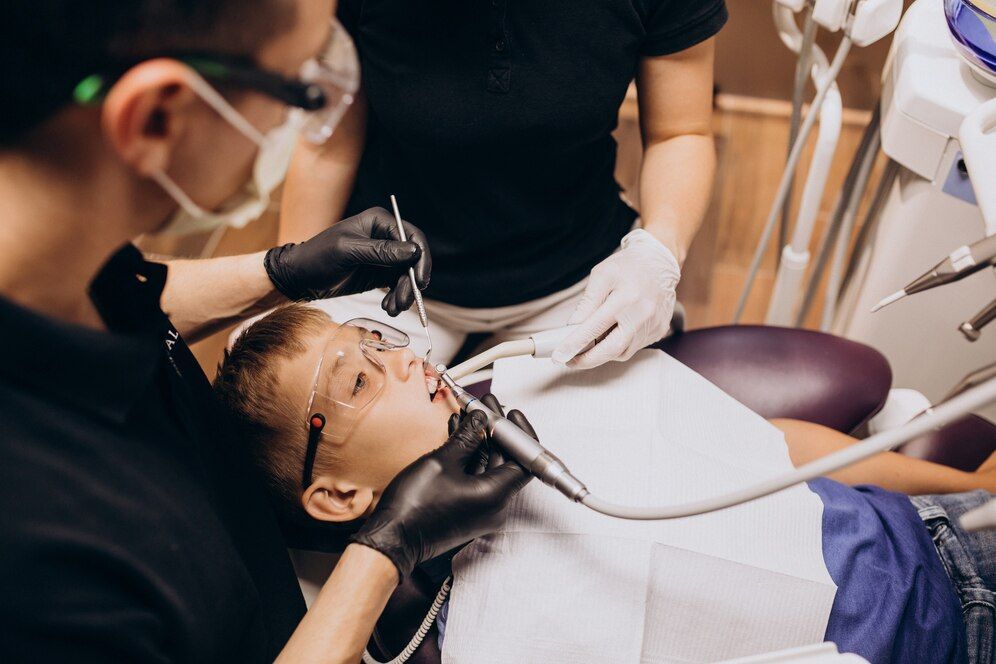Demystifying Sedation Dentistry: A Comprehensive Guide to Dentistry Without Discomfort
Dental anxiety is a common issue that prevents many individuals from seeking essential dental care, potentially leading to the deterioration of their oral health. At Dimmitt Dental, your trusted family and cosmetic dentist in Dimmitt, TX, we understand the importance of delivering dental care in a comfortable and reassuring environment. One solution to help patients overcome their dental anxiety and receive the treatment they need is sedation dentistry. This popular approach enables patients to experience dentistry without discomfort, stress, or fear.
As dental professionals, we believe in empowering our patients with the knowledge and resources they need to make informed decisions about their oral health. This guide on sedation dentistry aims to provide essential information about a revolutionary approach to dental care that helps patients overcome their fears and obtain the treatments they need and deserve. So whether you're considering sedation dentistry or simply seeking to learn more out of curiosity, this informative article will help shed light on this valuable dental solution and how it could benefit you.
Types of Sedation Dentistry
Sedation dentistry involves administering medications to help patients relax during dental procedures. Depending on the patient's needs and the level of sedation required, various methods and medications may be employed:
1. Minimal Sedation: The patient remains conscious and relaxed but fully aware of their surroundings. This level is typically achieved with nitrous oxide, also known as "laughing gas," which is inhaled through a mask placed over the nose.
2. Moderate Sedation: Often administered through oral medications, moderate sedation allows patients to remain awake but generally less alert. Some patients may experience mild amnesia and remember little of the dental procedure.
3. Deep Sedation: For more extensive procedures or severe dental anxiety, intravenous (IV) sedation is often the preferred method. Patients are on the edge of consciousness but can still respond to verbal cues.
4. General Anesthesia: In situations warranting complete sedation, general anesthesia is utilized, rendering the patient fully unconscious during the dental procedure.
Benefits of Sedation Dentistry
Sedation dentistry offers multiple advantages for patients seeking dental care without the associated stress or discomfort. Some key benefits include:
1. Alleviates Dental Anxiety: Sedation significantly reduces dental anxiety, allowing patients to calmly undergo procedures they might otherwise avoid due to fear or discomfort.
2. Minimizes Pain: Sedation techniques can help to dull or block sensations of pain during dental procedures, ensuring a comfortable experience for patients.
3. Enhanced Efficiency: With the patient relaxed or sedated, dentists can often complete procedures more quickly and effectively, reducing the time spent in the dental chair.
4. Improved Patient Cooperation: Patients who are sedated tend to remain more still during procedures, allowing the dentist to work more efficiently and accurately.
Determining Your Candidacy for Sedation Dentistry
Several factors come into play when considering whether you are a suitable candidate for sedation dentistry. Some common situations where sedation might be recommended include:
1. Dental Anxiety: If fear or anxiety prevents you from seeking dental care or causes extreme discomfort during appointments, sedation dentistry could be a viable solution for you.
2. Sensitive Gag Reflex: Patients with an easily triggered gag reflex may struggle with dental procedures. Sedation can help alleviate this reflex, making treatments more manageable.
3. Difficulty Getting Numb:
Some patients have difficulty achieving sufficient numbness through traditional local anesthesia. In these situations, sedation might be advised to ensure a comfortable experience.
4. Complex or Lengthy Procedures:
Extensive dental procedures, such as multiple extractions or full mouth reconstructions, can be both physically and emotionally taxing. Sedation can help make these arduous treatments more tolerable for patients.
5. Special Needs or Medical Conditions: Patients with medical conditions or special needs that make it challenging to cooperate during dental treatments may benefit from sedation to ensure a safe, successful procedure.
However, sedation dentistry may not be appropriate for everyone. Patients with certain health conditions or on specific medications may not be suitable candidates. It is essential to consult with your dentist at Dimmitt Dental to discuss your health history and determine the best course of action.
Safety Considerations and Choosing the Right Dentist
While sedation dentistry is generally considered safe, it is crucial to choose an experienced and skilled dentist to administer the proper sedation level. At Dimmitt Dental, our dental professionals are trained in sedation dentistry and adhere to the highest safety standards. During your consultation, we will carefully review your medical history, discuss the various sedation options, and recommend the most suitable technique to meet your unique needs.
Conclusion
Sedation dentistry presents an effective, customized solution for alleviating dental anxiety and ensuring patients can comfortably undergo essential dental treatments. From mild relaxation techniques to complete sedation, there is a range of options available to suit every patient's needs and preferences. By understanding the types of sedation dentistry and their benefits, you can confidently make informed choices about your dental care and prioritize your oral health without sacrificing comfort.
At Dimmitt Dental, our team of dental professionals is dedicated to delivering exceptional care in a comfortable and reassuring environment. If you would like more information about our
dental sedation services or are considering it as a solution for your dental anxiety, please don't hesitate to contact us today. We are here to address your questions and guide you toward the best course of action for your oral health and overall well-being.
HOURS
- Monday
- Closed
- Tue, Thu
- - -
- Wednesday
- -
- Friday
- - -
- Sat - Sun
- Closed
All Rights Reserved | Dentist Websites by Energize Group




